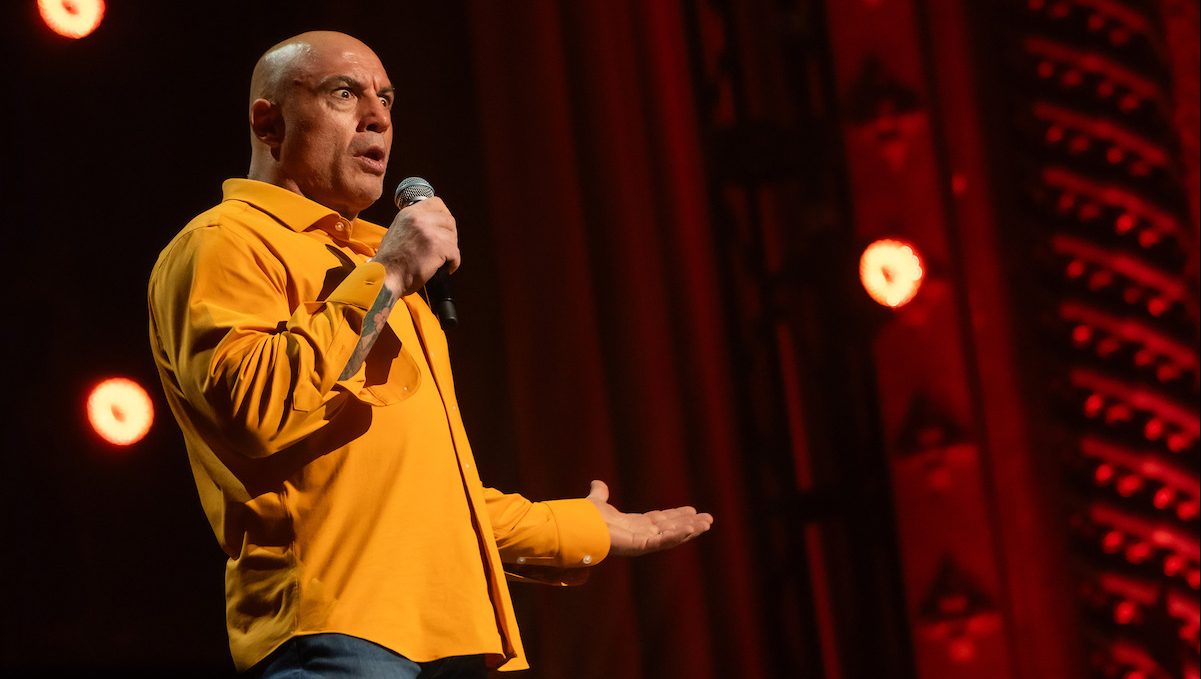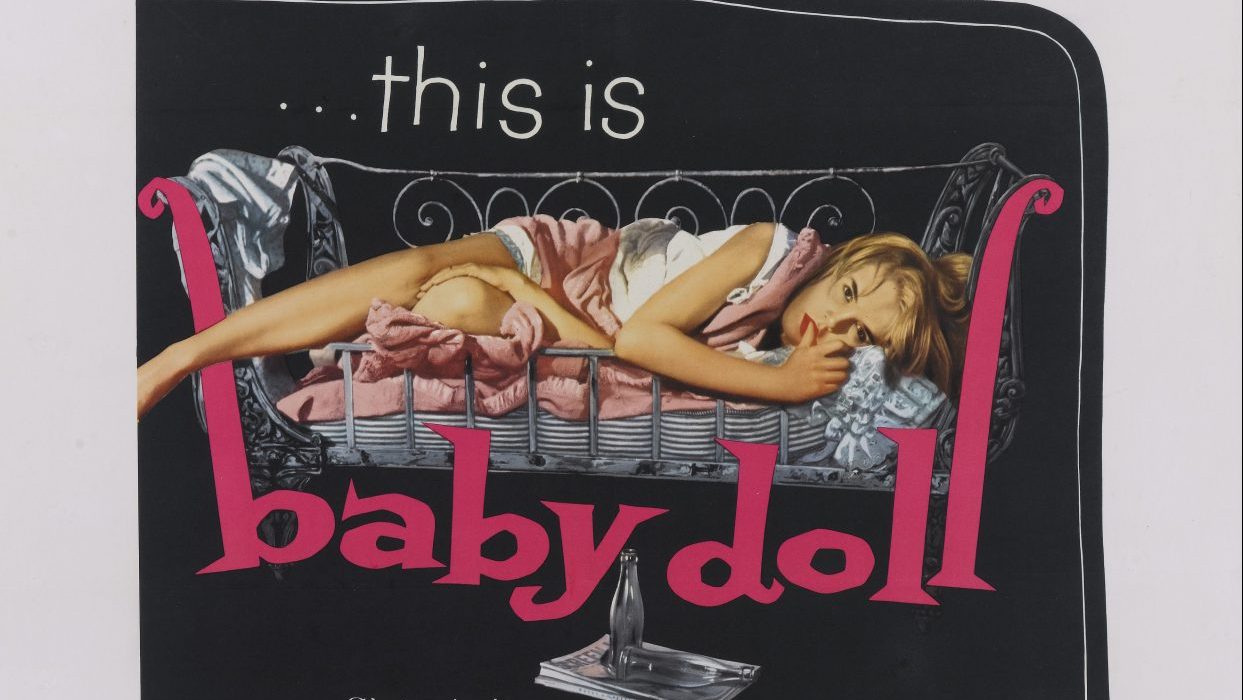PICK OF THE WEEK
JOE ROGAN: BURN THE BOATS
Netflix
Imagine if, say, Walter Cronkite had pursued a side-hustle as a resort entertainer in the Catskills, and commented regularly on wrestling matches. Or if Richard Dimbleby had mixed up his main role as the voice of the BBC with seasons of musical hall antics and a spot of darts punditry.
Then consider the significance of Joe Rogan in 2024: he is, by a margin, the most influential media figure in the world. His podcast, The Joe Rogan Experience, routinely notches up 200 million downloads a month (a single episode featuring Elon Musk was viewed 69 million times). A supporter of Bernie Sanders, he has also hosted controversial guests ranging from Kanye West to Alex Jones – but refuses to have Donald Trump on the show, describing the Republican presidential nominee as “an existential threat to democracy itself”.
In addition to his long-form podcasts (his record is 5 hours and 19 minutes), Rogan is familiar to millions of UFC fans as a ringside commentator. And as a former taekwondo champion and black belt in Brazilian jiu-jitsu, he knows of what he speaks.
Yet he still regards himself as, at heart, a stand-up comedian and has led a pack of his fellow comics – Shane Gillis, Tom Segura, Christina P, Tony Hinchcliffe, and Ari Shaffir – to leave the coastal hubs of their trade and settle in Austin, Texas, where he has opened a hugely successful club, the Comedy Mothership.
The fact that Netflix streamed his latest special live on Saturday from the Majestic Theatre in San Antonio, before making the recording available to subscribers, is evidence of its growing interest in real-time events – especially sport, where Amazon’s Prime Video is already blazing a trail.
Burn the Boats delivers plenty of laughs, as Rogan leaps from Covid (“if you get your vaccine advice from me – is that really my fault?”) and doing mushrooms with Prince Harry to the “package deal” of wokeness and his personal investment in aliens being real. He is funny about phones (“complaint boxes”) and the prospects of China taking over the world.
Like most things he does, this special will divide its audience. But, yet again, in its recklessness and feel-good libertarianism, it shows that he is still at the sharp end of the cultural spear, a hoodie-wearing giant of the digital era who simply cannot be ignored.
CINEMA
I SAW THE TV GLOW
Selected cinemas
This tremendous second feature film from Jane Schoenbrun is unlike anything you’ve seen before and marks the emergence of a truly original and exciting director.
It is 1996, and 12-year-old Owen (Ian Foreman) strikes up an awkward friendship with the older, cooler Maddy (Brigette Lundy-Paine), rooted in their shared passion for a supernatural TV show called The Purple Opaque. Maddy leaves him video cassettes so he can catch up on the spooky adventures of Isabel (Helena Howard) and Tara (Lindsey Jordan), who collaborate on a psychic plane in their battles with Mr Melancholy (a dead ringer for Georges Méliès’s Man in the Moon from 1898).
Mysteriously, Maddy disappears – only to pop up again after a decade and renew contact with Owen (now played by the excellent Justice Smith), who struggles to make sense of her behaviour and of her invitation to him to share whatever transformative experience she has been through.
Schoenbrun, who uses nonbinary pronouns, has said that the movie “speaks to my trans journey”, and I Saw the TV Glow certainly explores questions of sexuality and gender with subtlety and imagination. When Maddy says that she likes girls, Owen replies nervously that he likes TV shows.
More broadly, the movie is a mesmerising depiction of loneliness and its nerve-shredding cost. “When I think about that stuff it feels like someone took a shovel and dug out all of my insides,” Owen says. “But I’m still too nervous to open myself up and check”.
The movie’s ending is astonishing, too. A must-see.
BOOK
1983, by Tom Cox
Unbound
Not a prequel to Orwell’s dystopian classic, but a beautifully written account of childhood in the early 1980s, Tom Cox’s second novel cements his status as one of our very best authors.
Set in a village in Nottinghamshire, 1983 captures vividly the “newly turned-on big light” of the decade, “a particular kind of aroma wafting around that was half post-punk and half post-hippie”, as well as the intimations of huge and destabilising change surging towards this island of contentment.
It is a beguiling elegy to a lost world: “an explosion of colour and life: a small, happy, egalitarian middle-English riot”. And, as so often in Cox’s writing, there is a preoccupation with what lingers of the past: “The changes we made are more fragmentary than our original vision of them but many of those fragments float forward, undying, into the future.”




